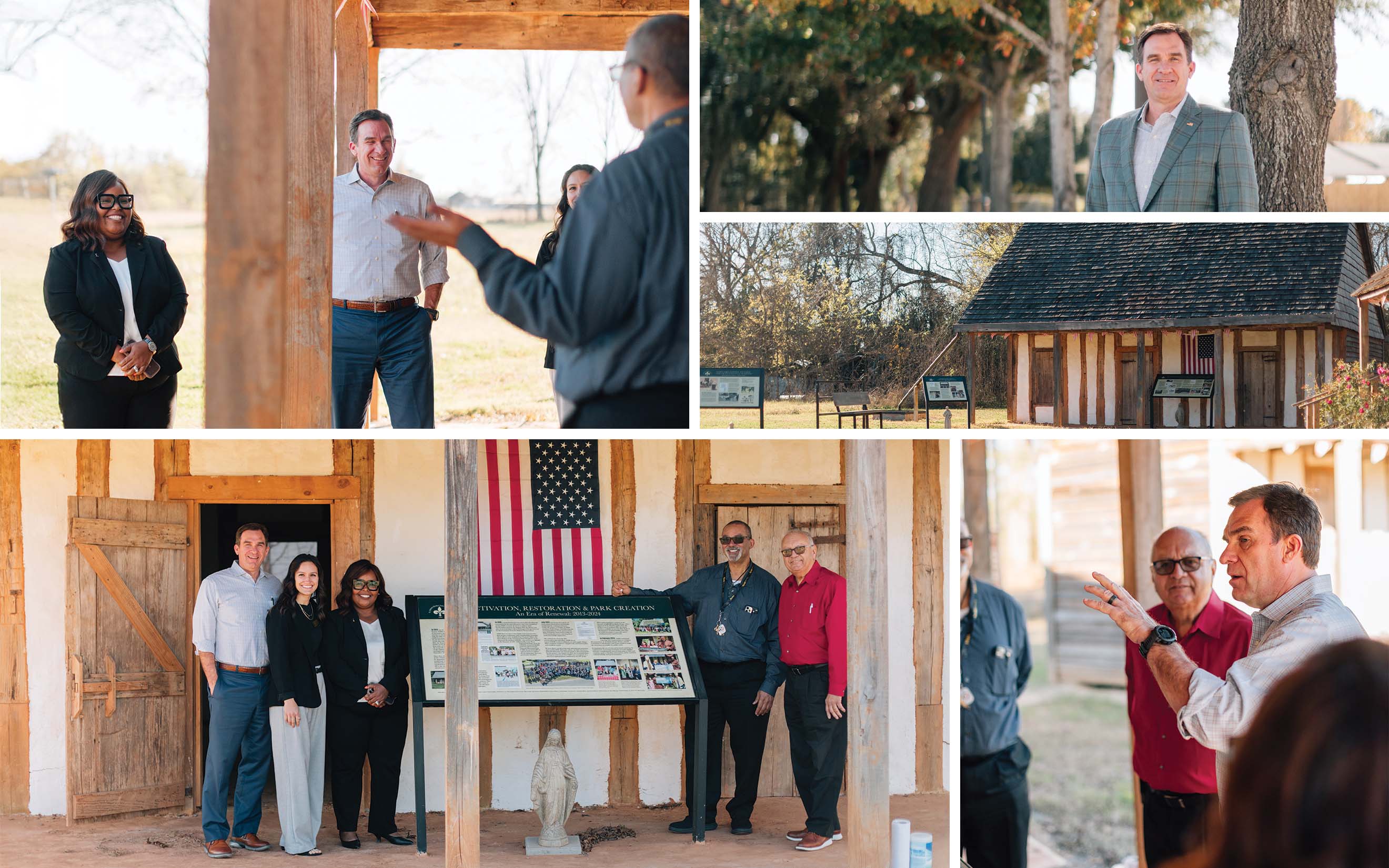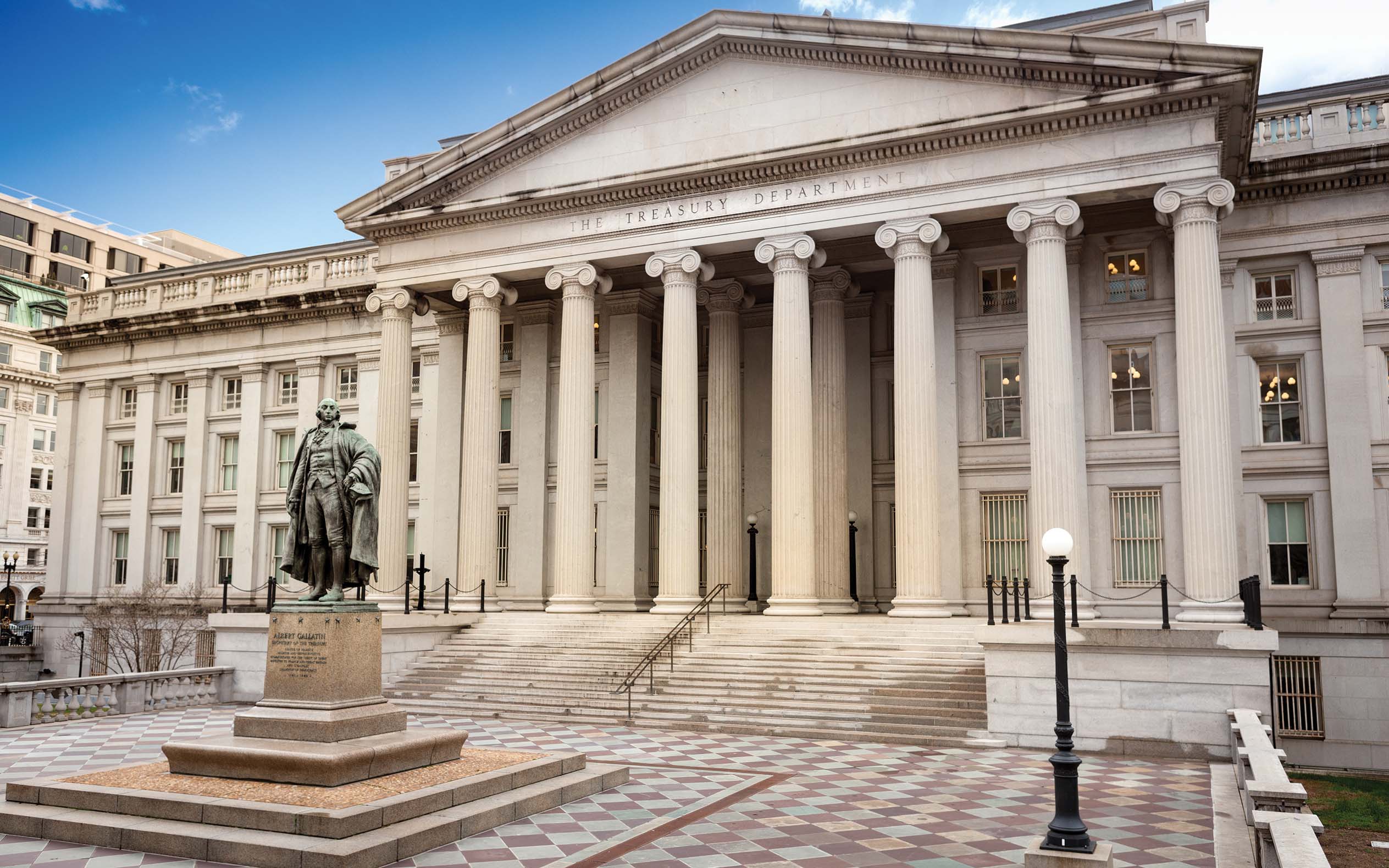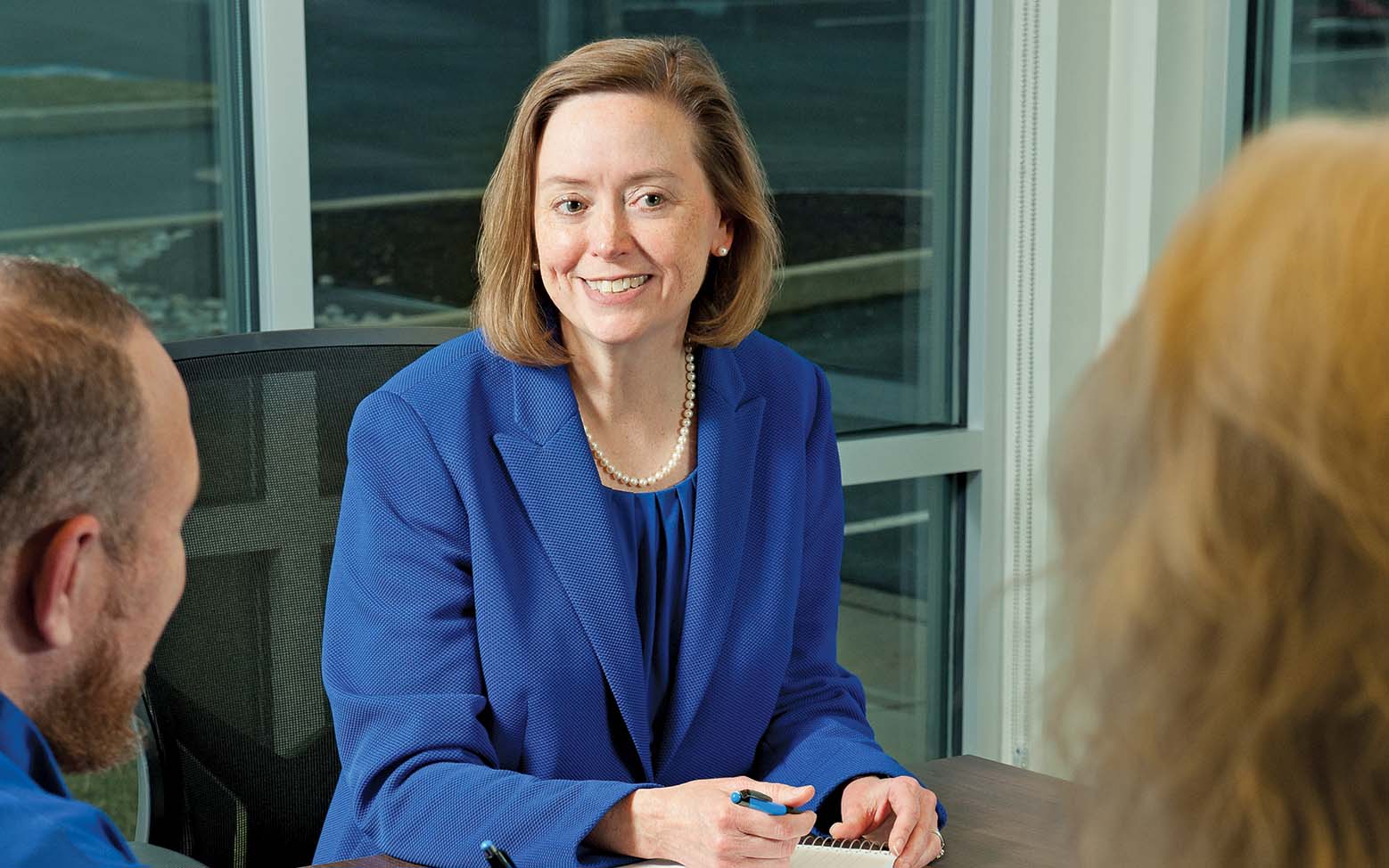In August, your member of Congress will be back in your district looking for things to do. Help them fill their schedule with a visit to your bank.
Powering Potential: Start Planning for the August Recess
0624 Banks Head Van Til 2k
June 24, 2024 / By Rachel Hatcher
In August, your member of Congress will be back in your district looking for things to do. Help them fill their schedule with a visit to your bank.
In just two months, Congress will break for the August recess, their longest district work period. This is the best opportunity community bankers have to show them our industry’s importance. Show them what a teller does, the local small business you helped save when others had turned their loan away and the deleterious consequences of credit unions’ tax advantage.
Community banking, just like congressional relations, is all relationship-based. So, even if it’s your first time, don’t worry, you already have all the tools. Read on to learn how to schedule and prepare for a meeting with your member of Congress.
How to get a meeting
The first step is to make contact with the congressional office and organize a meeting. It’s best to plan at least six weeks in advance, while Congress members’ schedules are still relatively open. (That means now.)
Contact the district office and ask how they prefer to receive meeting requests, whether it’s through email or an online form. ICBA provides a template in its Meetings on Main Street guide (see icba.org/advocacy) for requesting a meeting that will help you lay out what topics and legislation you hope to discuss.
Not able to make it in person? Consider the option to chat virtually. You can ask to meet through a virtual call, or you can also attend virtual town halls, if your senator or representative has an upcoming one.
Preparing and making the ask
More from ICBA
Visit ICBA’s Advocacy in Action government relations dashboard at icba.org/our-positions-a-z/advocacy-in-action for further information on important issues that Congress members need to know about.
Once you have the meeting scheduled, it’s time to prepare. Do your research on the member of Congress—what bills have they cosponsored, what committees do they sit on, what relationships your coworkers have with them, etc. You can gain insight from ICBA’s Be Heard grassroots action center and by subscribing to ICBA’s social media pages, newsletters and news alerts.
Share this information with those joining you in the meeting, then develop an agenda with defined roles. In the agenda, establish what you want the legislator to do, why they should do it and what the local impact will be.
Two days before the meeting, confirm with the member’s office that the meeting is still on. If you haven’t already, share with them materials or issue briefs relevant to what you’ll be speaking about. And as you’re waiting out those final days, continue to rehearse and check in with meeting participants to ensure they’re also prepared.
When the big day arrives, sticking to a few parameters will help make the meeting go smoothly. Address them by their proper title, pace yourself to stay within the time parameters, show the importance of your community bank and make a clear, direct ask.
A direct ask is specific, concise and passionate and pushes for a “yes” or “no” answer. Something like, “40% of our customers are farmers. H.R. 3139, the ACRE Act, would help them immensely. Will you cosponsor this legislation?” If they have already cosponsored this bill, thank them and ask about another bill—this is why your research is so important.
Finally, take a photo, thank them for their time and offer yourself as a future resource for community bank knowledge.
Following up
The day after the meeting, set aside 15 minutes to send a thank-you letter (see template in the guide). To guarantee you do so, block out that time frame on your calendar well in advance. Then, a week after, you should send out a follow-up email (template included in the guide) including any additional information they asked for. This will leave a positive, lasting impression. Studies have shown that 80% of constituents do not follow up in a timely and helpful manner. If you are timely and helpful, you will be remembered.
Learn more by reading our Meetings on Main Street guide. As you go through each stage of your August recess planning, take the time to refer back to the guide and keep its information, tips and reminders fresh in your mind.
Essentials to lobbying success
To ensure your meeting goes as planned and you get your message across, here are some tips and details to keep in mind.
Do not mention political contributions or political action committees (PACs) while contacting the Congress member for an official meeting. Linking political contributions to legislation is illegal. It is possible for ICBA PAC to provide support to Congress members, so please reach out to the ICBA PAC staff to learn how to coordinate this opportunity.
Double-check all titles, names (including pronunciation) and addresses before reaching out and again before the meeting.
Keep it nonpartisan. Do not show bias against any members of Congress or political parties, as it can overshadow your central message and the true purpose of the meeting.
Test-run your virtual meetings. If you’re doing a video call, make sure all the technology is functioning and that you have back-up options, like a different phone number or Zoom account. Assigning somebody to monitor the tech during the meeting will also take the pressure off you.
Take photos. You can share these with ICBA and on social media to show how your community bank is making a difference in its local community and the industry as a whole.
Subscribe now
Sign up for the Independent Banker newsletter to receive twice-monthly emails about new issues and must-read content you might have missed.
Sponsored Content
Featured Webinars
Join ICBA Community
Interested in discussing this and other topics? Network with and learn from your peers with the app designed for community bankers.
Subscribe Today
Sign up for Independent Banker eNews to receive twice-monthly emails that alert you when a new issue drops and highlight must-read content you might have missed.
News Watch Today

Join the Conversation with ICBA Community
ICBA Community is an online platform led by community bankers to foster connections, collaborations, and discussions on industry news, best practices, and regulations, while promoting networking, mentorship, and member feedback to guide future initiatives.












